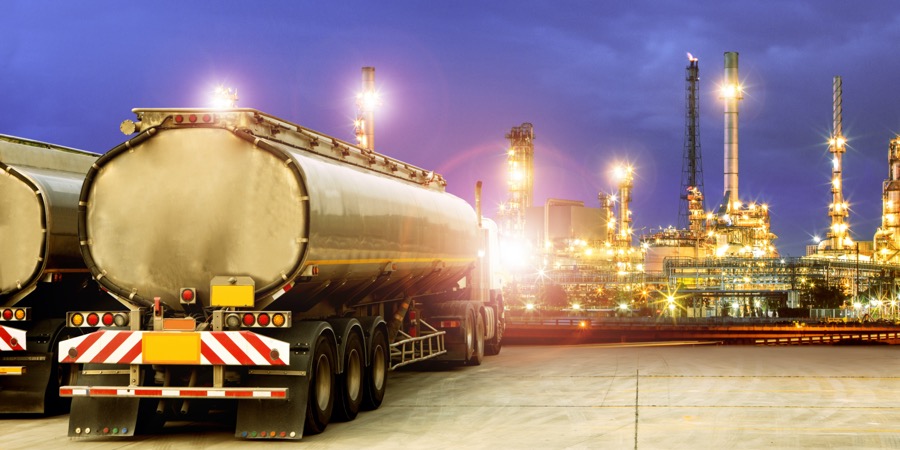IRU calls for action on diesel crisis
The world road transport organisation in Geneva has launched a 17-point emergency plan for governments to tackle rising fuel prices and their impact on transport networks and energy security, and scale back decarbonisation plans.
Diesel prices are up by 63 percent globally since January 2021, spiking since the Ukraine war and with no end in sight to volatility. Fuel price rises have hit operator margins by 9 percent in two months, but their net profit margins are often little more than 3 percent.
Escalating fuel prices are driving inflation through the global economy, and supply chains face blockages. The rising risk of small operators going bankrupt will further breakdown mobility and logistics networks, and mean they are less able to invest in new vehicles to decarbonise.
Radu Dinescu, IRU president, said: “Road transport operators are facing a cash flow crunch, especially the 90 percent who are small and medium sized firms. Volatility in diesel prices and inflexible commercial terms mean they have little room for manoeuvre and bankruptcies are climbing. This will damage road transport network capacity and efficiency, impacting supply chains, inflation and the broader economy. We need to act now.”
Among the measures, IRU is calling for an adjustment mechanism on fuel excise for commercial transport operators, to provide short-term certainty and avoid the partial collapse of road transport networks and inflation. In Germany this month, for example, a temporary excise reduction of 87 percent would mean an operator breaks even instead of losing money.
Due to enormous differences of up to 96 percent, IRU is also calling for all modes of commercial transport to pay the same fuel tax to keep decarbonisation plans on course, as well as accelerate efficiency measures via collective road transport and eco-trucks.
The IRU also believes governments should review decarbonisation policies carefully to plan a more gradual shift to renewable fuels, beyond battery electric vehicles, and scale back market distortions, such as road user charging and ZE zones that exclude even low carbon fuel options such as biodiesel and bio-LNG.
For more information visit www.iru.org
20th June 2022














